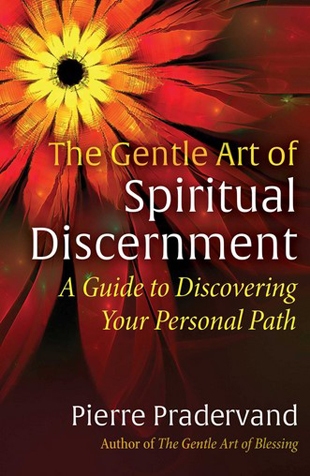Many religious traditions encourage you to find a spiritual mentor, guru, director, or guide who might listen to your stories along the spiritual journey and help direct the way to what you seek. This book suggests, instead, that the best path is one you self-discover.
The author holds a PhD in sociology from the Sorbonne in Paris and lives in Switzerland. He begins with a “Blessing for Spiritual Seekers” that includes this:
“I bless all those who are on an honest spiritual quest. I bless them I their courage to break away from old moorings that keep them in stagnant waters and to embark onto the unchartered territories of their soul and the moving seas of spiritual adventure.”
The author doesn’t warn people away from religious authorities so much as he sees the spiritual path as essentially individual and personal. “It is important to point out right from the beginning,” he explains early on, “that spirituality is a highly personal affair.” Later he adds, “If you wish to preserve both your freedom and your authentic identity, you will have to make your own choices.”
The book asserts that the sacred (or Sacred) is to be found within the human heart and through the senses. No other person can tell you how to do that in and for yourself.
There’s much good advice. For instance, Chapter 7 — “Spiritual Tool Kit” — includes short sections on meditation, mental discipline, regular pauses during the day, prayer, the practice of divine presence, and then what he calls “physical practices,” which include yoga, fasting, and tai chi.
Chapter 8 is all about finding personal healing through the practice of blessing, which is common across religious and spiritual traditions. Applicable practices of blessing, for yourself and others, are offered. (See the spiritual practice accompanying this review for a sample.) This is where a book designed for self-discovery also becomes about using one’s spiritual path to help others.
